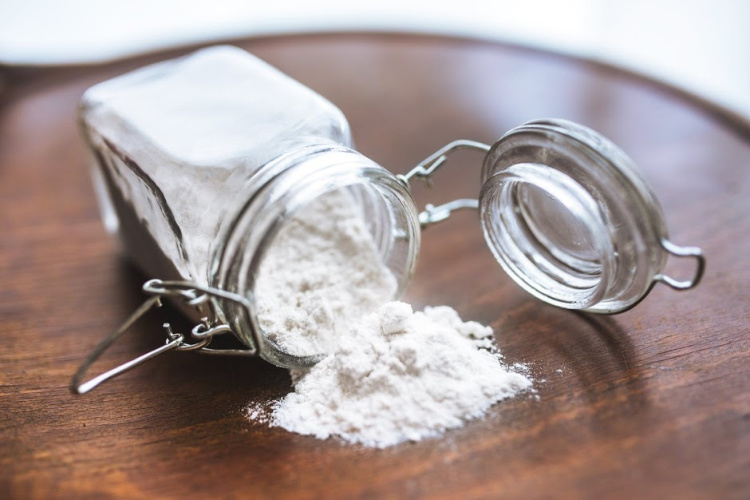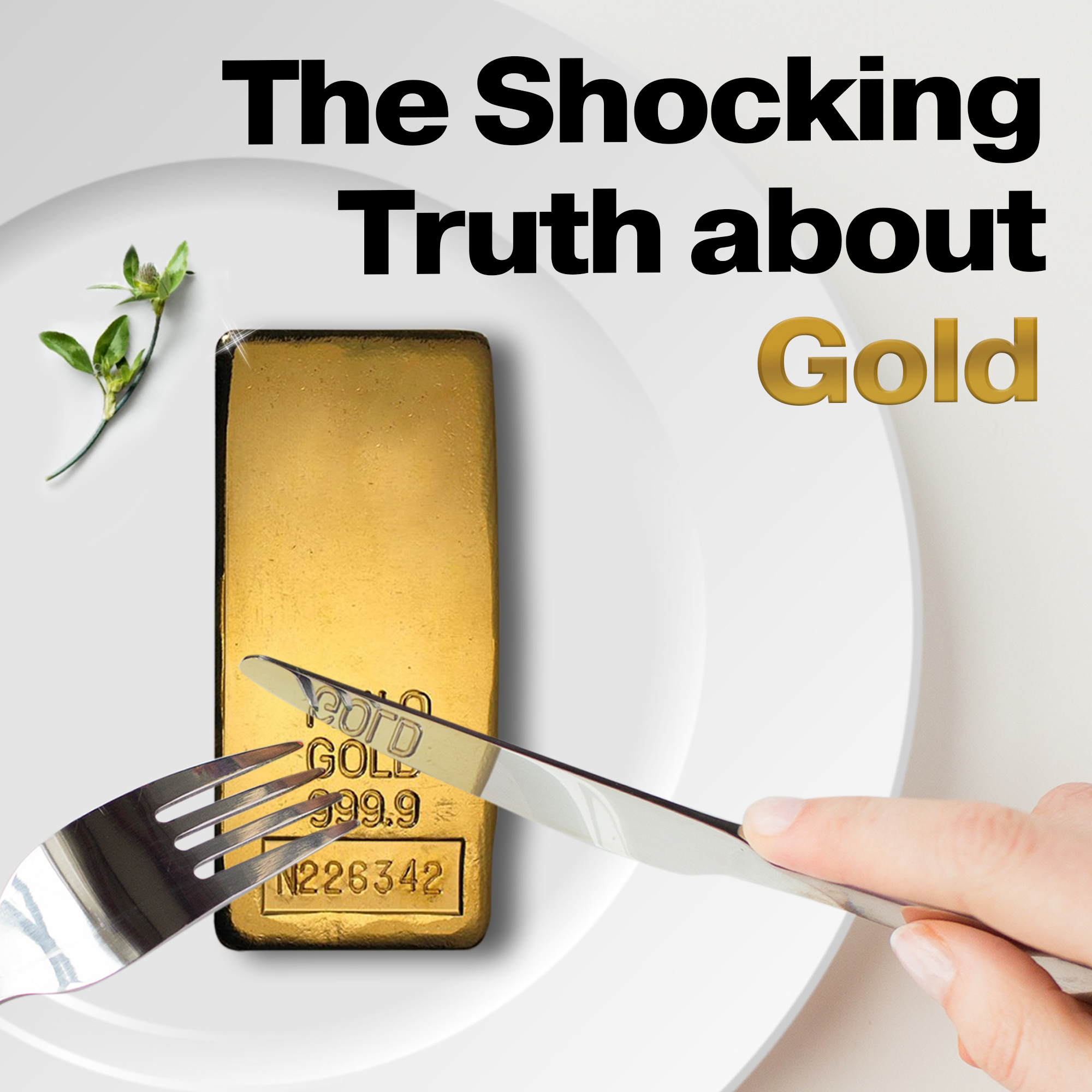If you're new here, you may want to subscribe to my RSS feed. Thanks for visiting!
Author of Be Ready for Anything and Bloom Where You’re Planted online course
General Mills is voluntarily recalling its 5-pound bags of Gold Medal Flour because the product may be contaminated with E.coli 026.
300 tons of Gold Medal All Purpose Unbleached Flour is subject to the recall. On Sept. 16, 2019, General Mills released the following statement.
General Mills announced today a voluntary national recall of five-pound bags of its Gold Medal Unbleached All Purpose Flour with a better if used by date of September 6, 2020.
The recall is being issued for the potential presence of E. coli O26 which was discovered during sampling of the five-pound bag product. This recall is being issued out of an abundance of care as General Mills has not received any direct consumer reports of confirmed illnesses related to this product.
This recall only affects this one date code of Gold Medal Unbleached All Purpose Flour five-pound bags. All other types of Gold Medal Flour are not affected by this recall.
Consumers are asked to check their pantries and dispose of the product affected by this recall. Consumers who have had to discard products covered by this recall may contact General Mills Consumer Relations at 1-800-230-8103 or visit GeneralMills.com/flour. (source)
The statement goes on to cite the FDA and the CDC, warning that people shouldn’t eat uncooked products containing flour. General Mills continues:
E. coli O26 is killed by heat through baking, frying, sautéing or boiling products made with flour. All surfaces, hands and utensils should be properly cleaned after contact with flour or dough. (source)
This isn’t the first time General Mills has recalled flour.
Earlier this year, General Mills was involved in a large recall of flour due to potential salmonella and in June, there was another recall of flour potentially contaminated with E.coli that named three other brands.
Why are so many things being recalled these days? Cat Ellis explains how all these foodborne illnesses are getting into the American food supply:
Here are the ways our food gets contaminated, and it’s all because of our unsustainable farming methods and food manufacturing:
- Confined Animal Feeding Operations (CAFOs) breed bacteria due to filthy conditions, feeding the animals a grain-based diet which is associated with sicker animals, and overuse of antibiotics to both fight disease from the filth the livestock live in, as well as a strategy to fatten up animals faster, leading to stronger bacteria and antibiotic resistance.
- Contamination from contaminated manure (manure that wasn’t given enough time to kill off pathogens) spread onto crops.
- Unsanitary conditions and time constraints in slaughterhouses where workers are pressured to work as fast as possible leads to bacteria transferring from carcass to carcass.
- Microorganisms on contaminated food spread to food processing machinery, which then contaminates other food products sharing the same machinery.
Bottom line is, the more centralized our food is, the more industrialized our food is, the more monoculture and CAFO farms there are, the more our food supply is at risk. The Food Safety and Modernization Act has done nothing to prevent or mitigate these risks. It has only burdened small farmers. And food centralization itself has a long and horrible history. (source)
These days, it pays to save your labels.
Like most preppers, I’ve always been one to repackage food I’ve purchased from the grocery store so it lasts longer. Of late, I’ve begun cutting out the parts of the label that will help me identify when and where the food was processed. It’s the only way to know if the food you’ve stashed away to keep your family fed is actually safe.
During the last flour recall, I had poured some of the recalled Pillsbury flour into a kitchen canister. I was very glad I’d clipped the label so that I was able to return the product and more importantly, not feed it to my family.
Did you have any of this flour?
Did you have any of the recalled Gold Medal flour in your kitchen? If so, did you throw it out or return it? Or are you comfortable with eating it once it’s been cooked? Personally, I would discard any product in my kitchen that might be tainted with something which will cause my family members to become ill. The risk of cross-contamination is too great, in my opinion.
Let me know what you think in the comments section.

















Daisy,
I’ve been lucky so far. I usually buy flour in 25 pound bags then re-bag it in 5 lb lots in Mylar with O2 absorbers and heat seal it. I think from now on I’ll cut the label off the 25 lb package and copy it onto the 5 pound bags–just in case. That’s a good tip, Daisy. Thanks a lot.
i grind my whole grains, so i know what i am getting. for white flour, i buy from a regional mill that appears to properly handle their product. the risk of cross-contamination is less with a smaller mill.
That’s just the stuff they caught. The carefree kid pastime of days of eating raw cake and cookie dough are over. You can never be 100% certain of any mass produced flour because its a raw product sourced from all over.
However, this is probably a setup for mandatory irradiation. Going gluten-free isn’t just about avoiding gluten anymore, but what is done to grains during processing, even the minimal processing that goes into milling grain.
In North America its mandatory to fortify flour with folic acid, to prevent spina bifida in infants. However, folic acid fortification has been linked to prostate and colon cancer.
Flour is problematic for prepping; white flour lasts, but part of a good prepping system is to use what is prepped regularly, cycling out the oldest stuff by use, not waste. White flour is also the least nutritious. Whole wheat at best before quality only lasts three months at room temp, and one year in a freezer.
Doing the survivalist thing and storing whole wheat berries to cook whole, grind, juice, or plant as needed is probably the best solution if you need your gluten fix for the opiate receptors. However, the stuff isn’t good for those with psych problems or autism.
I am not affected by this recall; even when I bought grocery flour I didn’t buy Gold Medal (King Arthur fan here). Nowadays I use Einkorn from Jovial Foods for what little flour I use.
I think, since there are no kids in my house, if I knew that only the hubs and I would be eating the finished product, I might be inclined to keep it, but would never serve it to anyone else!